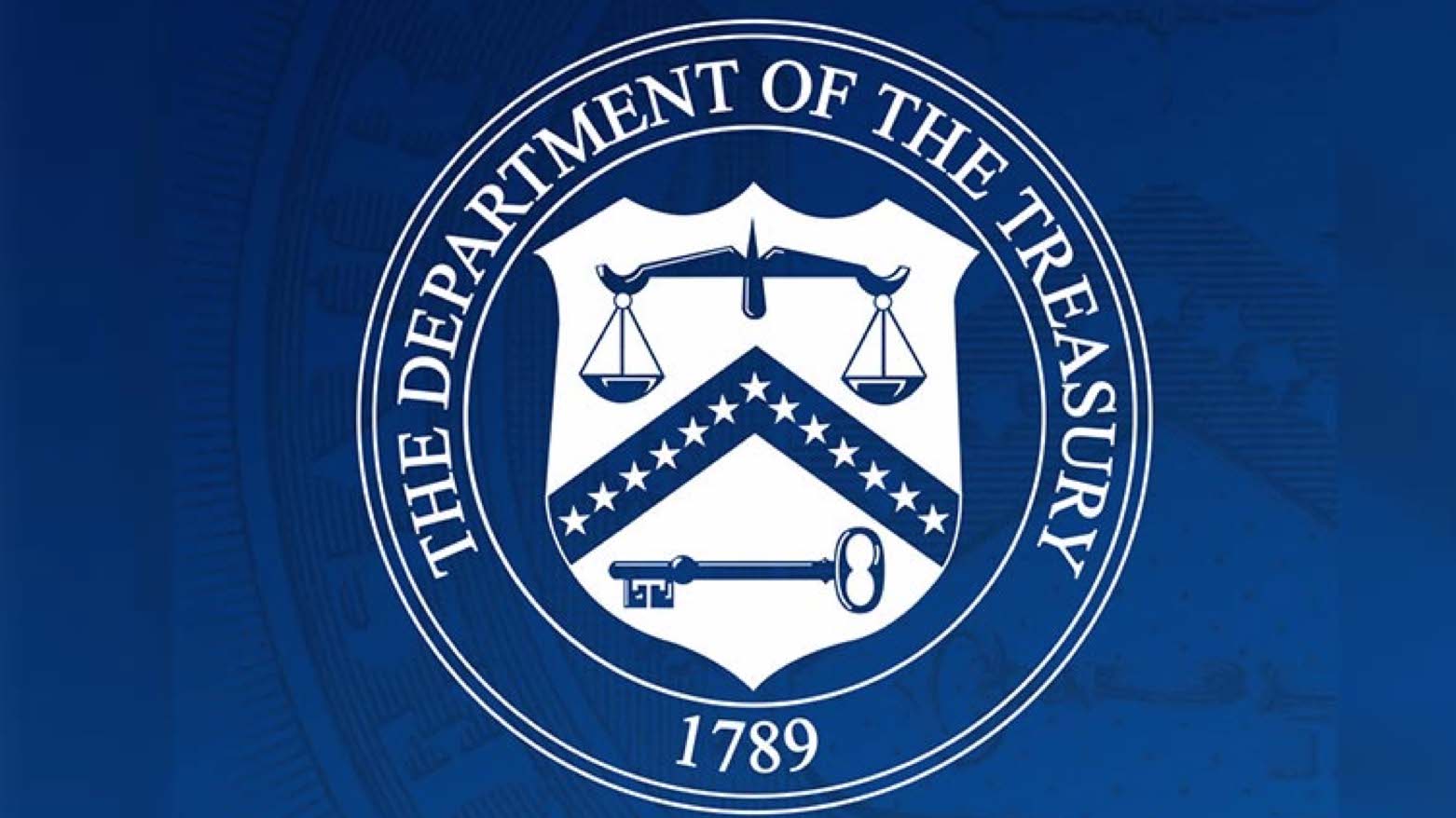New US sanctions for Iran’s support for Houthis; analysts say price hikes may follow, as ships take longer route

WASHINGTON DC, United States (Kurdistan 24) – The U.S. announced on Thursday that it was imposing new sanctions on one person and three companies for their role in facilitating financial transfers from Iran to Yemen’s Houthis, who have been attacking international shipping in the Red Sea.
The Houthis claim to be acting in solidarity with Hamas in Gaza, but their attacks are probably best understood as an Iranian-orchestrated campaign, in which Tehran is using its regional proxies to assault the U.S., its allies, and partners in the region.
Indeed, the sanctions, as described in Treasury Department statements, suggest that personnel from Iran’s Islamic Revolutionary Guard Corps-Qods Force (IRGC-QF) are in Yemen, and they are helping the Houthis fire their weapons.
The initial reason for imposing sanctions on this network in 2021 and 2022—significantly before the Houthis began attacking Red Sea shipping—were related to the war in Yemen.
Riyadh backed the internationally recognized government in Sana’a, while Tehran backed the rebel Houthis. In the context of that war, the Houthis regularly fired missiles at Saudi Arabia.
U.S. efforts to stop Houthi missile attacks were half-hearted and ineffectual. Now the price is being paid in the Red Sea.
On a related issue, The Washington Post, also on Thursday, suggested that the Houthi attacks might well raise consumer prices, because shipping companies are taking a longer route around the southern tip of Africa to avoid the dangerous trip through the Red Sea.
IRGC-QF Personnel Helping Houthis Fire Weapons?
Sa’id al-Jamal is the key figure in the network that provides Iranian financial support to the Houthis. He was first sanctioned by the U.S. in June 2021. A second set of sanctions was applied to his network in February 2022. Thursday’s sanctions represent the third set.
Most notably, the 2021 Treasury Department statement imposing sanctions on Jamal raised a disturbing possibility: elements from the IRGC-QF are helping the Houthis fire the relatively sophisticated weapons that the Houthis first used against the Saudis and that they are now using against Red Sea shipping.
Earlier this week, on Tuesday, the Houthis launched a ten-hour attack in the Red Sea, using explosive drones, anti-ship ballistic missiles, and land-attack cruise missiles.
Read More: US Downs 17 Houthi Weapons in Lengthy, Ten Hour Attack
Yemen is an impoverished country, with a per capita GDP of $700—a small fraction, by comparison, of Iraq’s per capita GDP of $4,800.
Only recently, did the Houthis obtain such weapons. So how do they manage to fire them? As the June 2021 Treasury Department statement explains, “IRGC-QF officials [are] deployed in Yemen.”
The Network Funding the Houthis
The key figure in the Houthi financial network is Sa’id al-Jamal, whom the 2021 Treasury Department statement describes as “an Iran-based Houthi financial supporter.”
Jamal “directs a network of front companies and vessels that smuggle Iranian fuel, petroleum products and other commodities to customers throughout the Middle East, Africa, and Asia,” the Treasury Department statement explained.
The revenues that generates help “fund the destabilizing activities of the Houthis, IRGC-QF, and others, including [Lebanese Hizballah], it continued.
Jamal was sanctioned in 2021, as was Abdi Nasir Ali Mahamud, whom the statement described as a “Turkey-based Houthi affiliate” and “a key business partner” to Jamal.
Mahamud manages the Adoon General Trading company, which has offices in Turkey and the UAE. The company was also sanctioned.
So, too, was Jamal’s accountant, Hani ‘Abd al-Majid Muhammad As’ad, a Yemeni national, also based in Turkey.
The U.S. issued a second set of sanctions against the network eight months later, in February 2022. The new sanctions added the names of three individuals, and their companies.
They included Abdo Abdullah Dael Ahmed. a Yemeni, based in Sweden. Ahmed runs a Yemeni-based import and export business used by Jamal and Mahamud to “launder and transfer millions of dollars,” according to the Treasury Department.
A Greek businessman, based in the UAE, Konstantinos Stavridis, was also sanctioned, as was an Indian national, Chiranjeev Kumar Singh, also based in the UAE.
Thus, Thursday’s sanctions represent the third in a series. As the Treasury Department statement explains, the new sanctions target one person and three companies “responsible for facilitating the flow of Iranian financial assistance to Houthi forces and their destabilizing activities.”
Nabil Ali Ahmed al-Hadha, a Yemeni national, who heads a Yemeni currency exchange is the newly-sanctioned individual. His company, and a second Yemeni-based exchange were also sanctioned. as was a Turkish money exchange.
Given that the U.S. has sanctioned the same network three times,one might ask how effective those sanctions have really been.
They certainly do not seem to have much affected the Houthis’ ability to strike international shipping.
Consumer Price Hikes because of Houthi Attacks?
Houthi “attacks on Red Sea shipping might raise prices for consumers, because cargo carriers take longer routes to avoid dangerous waters for now,” The Washington Post reported on Thursday.
The U.S. responded last week to the Houthi attacks by announcing the formation of a multinational force to protect regional shipping.
Read More: US Sec Def Announces Coalition to Defend Shipping Against Houthi Attacks
However, shipping companies remain cautious. “Shipping carriers expect most services to avoid the Red Sea through China’s Lunar New Year festival,” which begins on Feb. 10, the Post reported.
“Around 12 percent of all global trade passes through the Red Sea and Suez Canal,” it said. “Experts say the costs of rerouting vessels around South Africa or through the Panama Canal will increase prices for consumer goods shipped from Asia to the U.S. East Coast.”
